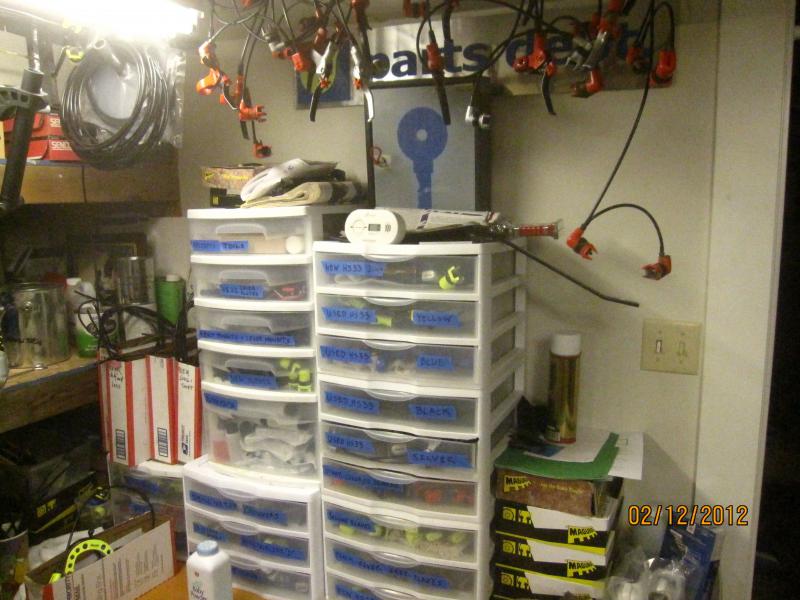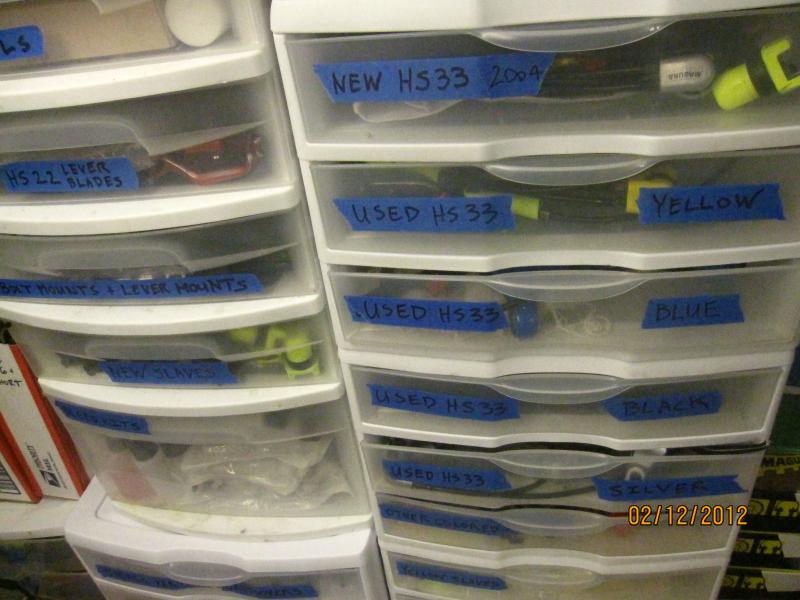Looking to purchase a 36" Uni and want to know what a brake is used for? I know they help stop but do I need the added expense?
I use a brake much more to keep my speed in check and sort of “flatten” out the downhills a little bit.
Depending where you ride they may be either a necessity for enjoyable excursions, or an expensive add-on that makes annoying rubbing noises and doesn’t serve a useful purpose.
I ride a lot of mountain trails and couldn’t descend without a brake. The 36" FLIES…whether on the street or downhill…you better have a brake!
If you plan to use it for offroad, a brake is probably more important. Roads tend to be less steep. But if you don’t ride on anything steep, you don’t need a brake. From my (limited) experience, Toledo is pretty flat.
Having said that, I have brakes on all the 36ers I’ve had, and I’m glad they were there. My MUni, on the other hand, is from the pre-brakes era and can’t have brakes attached without major modification. So far I’ve been okay with that, though there are times I wish I had a brake on there. It’s coming up on 9 years old though, and someday I’ll have to get a newer one… 
On my last ride, about 16 miles on reasonable flat roads and bike trails, I used the brake for about 20 seconds. There is one steep downhill. Without brakes I would ride it on longish cranks (150 mm) and probably walk it on short cranks (114 mm). It is probably a 15-20% grade.
If I ride the same loop the other direction I would not use brakes because the downhills are more gradual and only the uphill is steep. 
Brakes are nice, but they are the first thing I would do without on a 36 road unicycle.
Scott
I have brakes on all my unicycles except for the 36". There are sometimes when I wish I had my brakes installed on the big wheel. The unicycle that I use the brake most on is my 26" Schlumpf (shorter cranks). I need it on steep downhills. Yesterday I climbed and descended 4 continuous miles (each way)~14+% grade and had a cramped hand by the time I got to the bottom.
I like having them I do ride faster with out them 
The expense doesn’t need to be very extravagant. My first 36’er had a BMX caliper brake. It was a $10 brake, and I just had to drill a hole through the crown on my frame.
Since your terrain, crank length, and strength are going to be more of a deciding factor you may just wan to get your Coker without the brake, and add it later if you feel the need.
Wooooahhh heeey, Brakes on a 36er? Yes, if you decide to take the plunge and you go the hydraulic rim brake route, I’m here for ya if you need parts or complete brake systems- both new or used:
Send me a PM if you have questions.
PiCS are of a portion of the MAGURA rim brake workshop and hoarde in the basement and the evil troll that calls the hoarde home . .
Cheers,
brycer1968
I have brakes on my 36 and my 29. The 36 really needs brakes for hills, especially with shorter cranks. The brakes on my 29 actually allow me to ride FASTER downhill, as it makes the wheel rotation smoother. I will be getting them on my 24 as soon as I break my mount-less frame thats on it currently.
36" Uni is really excellent. Brakes help but as said depends on the terrain you use.
Like Eric said, gliding the brake on steeper downhills to keep the leg pressure in check.
The biggest use for me is when I’m riding down a moderate slope and I want to avoid back pedal pressure, but forepedal pressure will make me go too fast, so what I’ll do is glide the brake just enough to allow forepedal pressure and a constant speed.
Brakes are indispensible once you know how to use them, they save your legs, increase control, and allow higher speeds.
I tend to use them less on technical downhills and more of smoother terrai. Tech terrain with drops is a hard place to use a break, better to crank through it so you can hold on tight.
For a 36er, I’d want a break for sure, esp if you’re riding downhill.
Who tried to install rim brakes on the rim without braking surface? Will it work Ok or better to avoid that? 
I recently got to ride down a trail I’ve been wanting to do for a long time in Lake City, Colorado called the “Water Dog Lake Trail”; it would have been very difficult to do without brakes. The trail descends over 2,500’ in ~3.6 miles with most of the descent in the the final 2 miles! The surface was single track with frequent patches of ball bearing sized gravel and lot’s of loose rock everywhere. Even with full use of my hydro brake my legs are still pretty sore a week later!  But I had a blast riding this trail (which is part of the San Juan Solstice 50 mile which is why I know about the trail and thought it would be an awesome trail to unicycle down). I was able to descend the full distance with only a couple minor UPDs; none of which were on the tough or dangerous sections (read: sheer dropoffs!).
But I had a blast riding this trail (which is part of the San Juan Solstice 50 mile which is why I know about the trail and thought it would be an awesome trail to unicycle down). I was able to descend the full distance with only a couple minor UPDs; none of which were on the tough or dangerous sections (read: sheer dropoffs!).
So, yes a brake is necessary even basically required if you plan on riding very steep terrain off road! On roads is a different story; road grades are such that a brake isn’t as necessary but come in handy on long downhills and especially if you’re riding great distances where leg fatigue becomes a real factor; a good brake can really save you legs.
I would also be interested to know that! :o
Depends on the rim.
If the sidewalls are not flat then you may get fluctuations in brake power and weird forces on your pads if the rim is just the tinniest bit out of round.
If the rim states “disk only” then chances are the sidewalls are already fairly thin and it is not advisable to use rim brakes as they will wear the sidewalls even thinner over time, eventually causing rim failure.
If the rim was designed for rim brakes but just has not been machined/surfaced there is no danger, only the paint can be a detriment to proper brake function.
To remove paint from the sidewall of a rim you can remove the tire, jam a sanding block between the rim and frame and spin away. That worked really well on my old airfoil rim.
failing that there are all sort of disk options now ![]()


